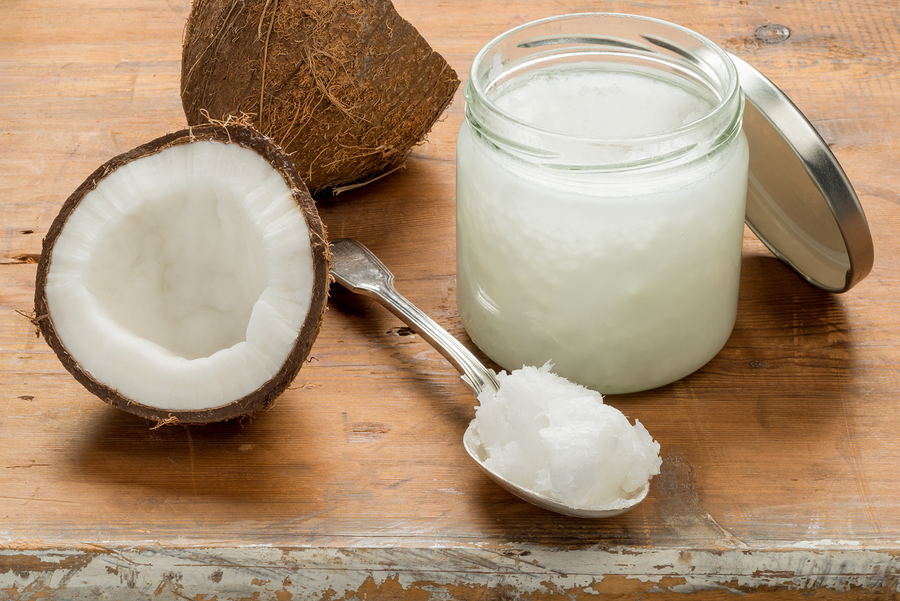Coconut oil has been used by people for thousands of years both externally and internally. But last year, it got some negative press. However recently, Harvard professor Karin Michels, a professor at the department of epidemiology at Harvard’s T.H. Chan School of Public Health, took her feelings about the little fruit to a whole new level.
RELATED STORY:
“Months after a report from the American Heart Association (AHA) warned against consuming coconut oil,”1 Michels called the coconut “pure poison” during a lecture at the University of Freiburg in Germany. But she didn’t stop there. She called coconut oil ‘one of the worst foods you can eat,’ going on to say during her lecture that “there is no study that proves significant health benefits of coconut oil and the saturated fatty acids can clog your arteries.”2
“According to a translation by Business Insider Deutschland, in her lecture “Coconut Oil and Other Nutritional Errors,” Michels explained the substance poses a greater risk to heart health than lard as it is almost entirely made up of saturated fatty acids. These are believed to block our arteries.”3
And she’s not wrong, there’s a lot of saturated fat in coconut oil, almost 82 percent, compared to butter at 60 percent and beef fat at around 40 percent.4
(She didn’t stop at coconuts, either. She also took aim at “superfoods” like acai and chia seeds, calling them “ineffective sources of nutrients,” since most of the beneficial nutrients in them could just as easily be found in common foods like carrots, cherries, and apricots. But what if you like chia seeds?)
But back to the poor coconut:
“Dr. Marie-Pierre St-Onge of the Institute of Human Nutrition, at Columbia University, in New York, who was behind the research indicating coconut oil boosts the metabolism and weight loss because it contains an ingredient called medium-chain triglycerides in higher levels than most fats, spoke out last year to set the record straight.
She told the American Heart Association the oil she used in her experiment was 100 percent medium-chain—not the 13 to 14 percent medium-chain oils that are most common. A person would need to eat 150 grams, or 10 tablespoons, of coconut oil a day to reap the benefits, which would be negated by the effects of consuming the substance in excess.”5
However, ask Dr. Mark Hyman about coconuts and he will paint an entirely different picture, one that includes balancing hormones to fat burning. And there has been research that the medium-chain triglycerides (MCTs) in coconut oil are metabolized differently from other saturated fatty acids.6
RELATED STORY:
The bottom line is this, moderation. Don’t eat tablespoonfuls of coconut oil every day. But don’t be afraid of it either.












